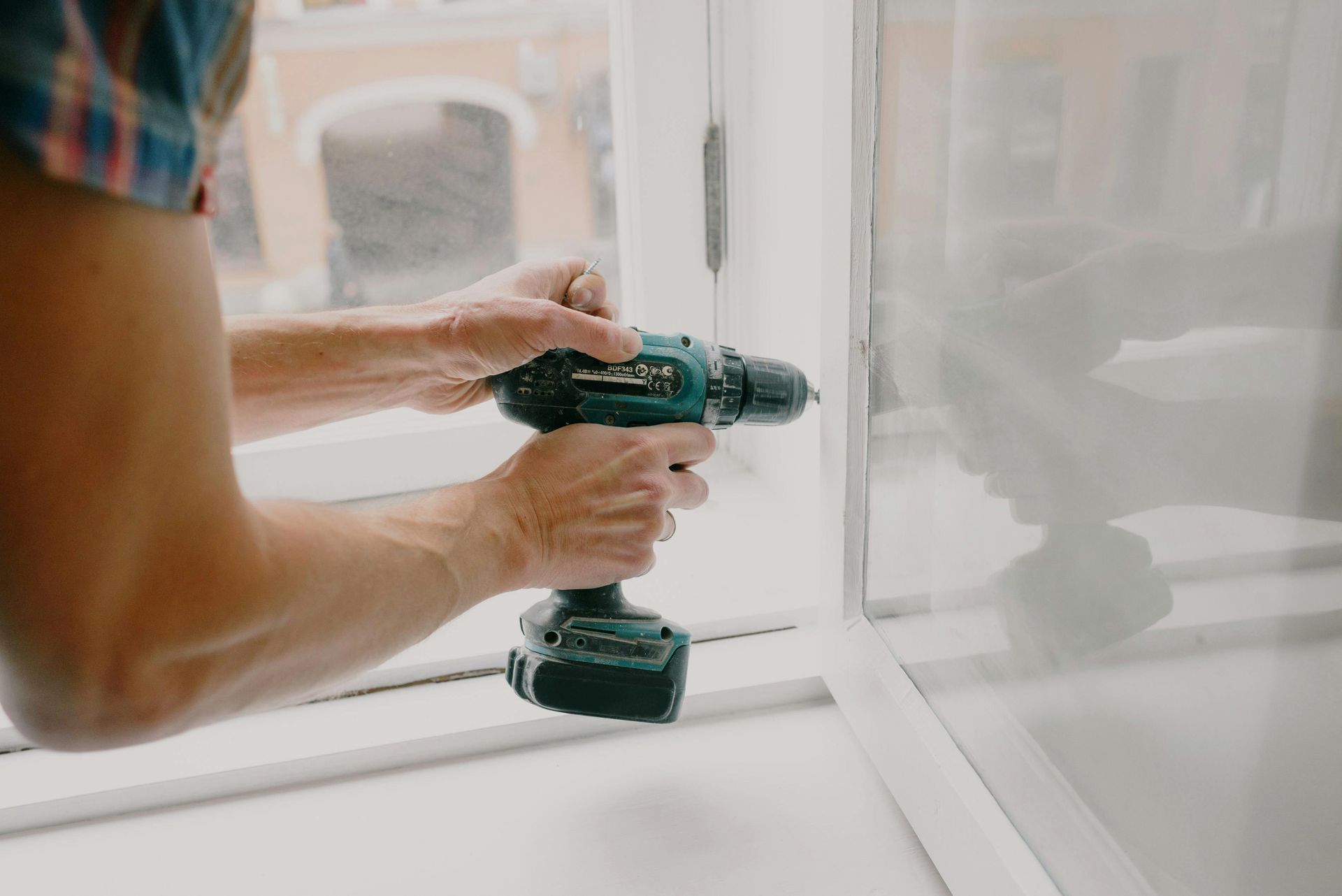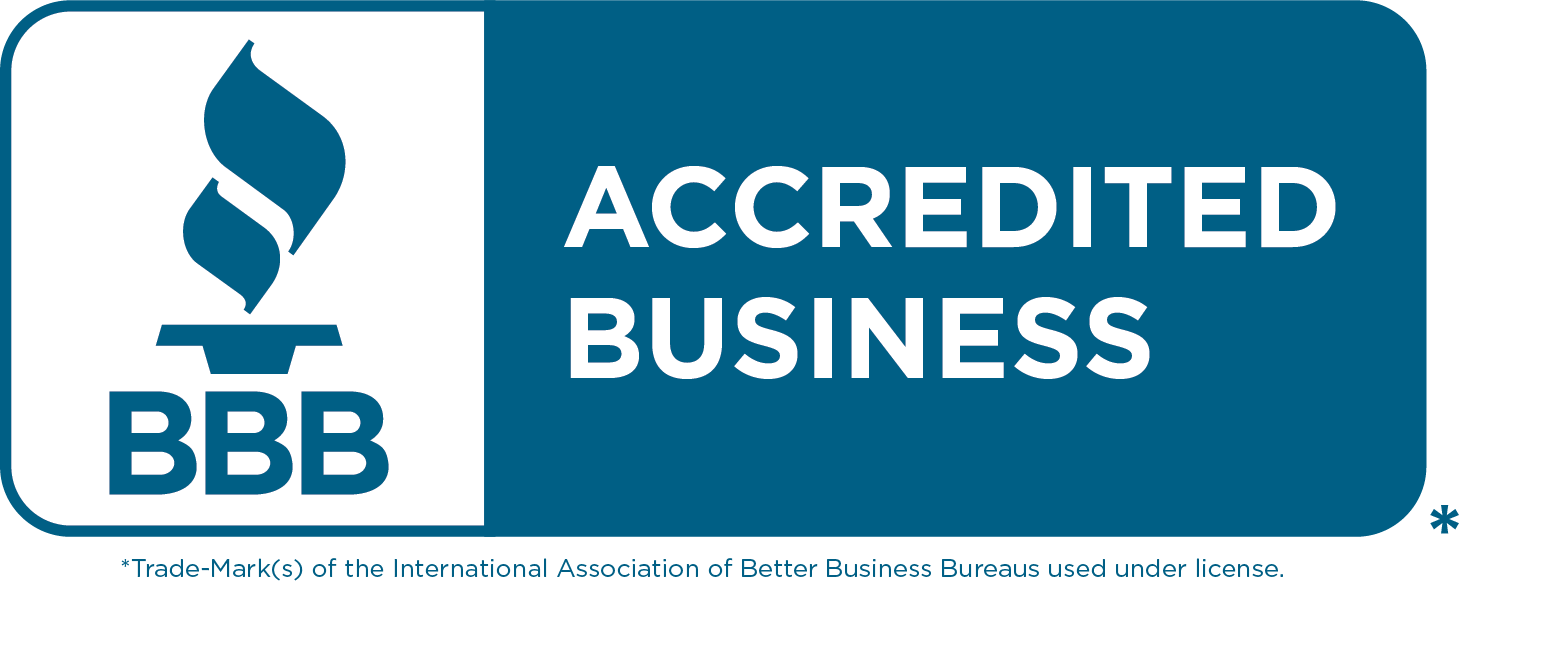The Ultimate Guide to Choosing the Right Contractor
Choosing the right contractor for your project can be a daunting task. Whether you're building a new home, renovating your kitchen, or hiring for a smaller task like painting or landscaping, hiring the wrong contractor can lead to poor results, delays, and unexpected costs. This guide will help you navigate the process step-by-step, ensuring that you make an informed decision and get the results you're hoping for.

Table of Contents
- Define Your Project Scope and Needs
- Ask for Recommendations
- Do Your Research
- Check Qualifications and Licenses
- Review Portfolio and Past Work
- Get Multiple Estimates
- Understand the Contract and Payment Terms
- Check Reviews and References
- Communication and Rapport
- Trust Your Instincts
- Conclusion
1. Define Your Project Scope and Needs
Before you even begin searching for a contractor, take the time to clearly define your project. Having a detailed scope of work will help you communicate your needs effectively, compare different contractors, and ensure that all parties are on the same page.
Questions to Ask Yourself:
- What is the nature of the project? (e.g., renovation, new construction, remodeling)
- What is your budget?
- What is your timeline?
- Are there any specific materials or design preferences?
- Are there any permits or inspections required?
Write down the specifics of your project, including measurements, design preferences, and any special requirements (e.g., eco-friendly materials or accessibility features). This will also be useful when you ask for quotes.
2. Ask for Recommendations
A great way to find reliable contractors is through recommendations. Ask family, friends, neighbors, or colleagues if they have had positive experiences with contractors. You can also check with local home improvement stores or real estate agents who may have relationships with reputable professionals.
Where to Ask:
- Word of mouth from people you trust
- Online community groups (e.g., Nextdoor, Facebook)
- Local building supply stores
- Real estate agents
3. Do Your Research
Start by making a list of potential contractors. Research their websites, social media profiles, and any online reviews to get a sense of their work and reputation. You can also check platforms like Angie’s List, Yelp, and the Better Business Bureau (BBB) for customer reviews and complaints.
Things to Look For:
- Length of time in business
- Type of projects they specialize in
- Areas served
- Positive customer feedback
- Red flags, such as unresolved complaints
4. Check Qualifications and Licenses
Different projects may require different certifications or licenses. It's essential to verify that any contractor you're considering is properly licensed, insured, and bonded. Licensing requirements vary by region and trade, so check with local authorities to understand what’s required.
Key Documents to Verify:
- License: Ensure they hold the appropriate licensing for the type of work being performed.
- Insurance: Request proof of liability insurance to cover potential accidents or damages on the job.
- Bonding: A bonded contractor offers protection in case they fail to meet contractual obligations.
Additionally, make sure they have the necessary permits for the job, if applicable. Your contractor should also be knowledgeable about local building codes.
5. Review Portfolio and Past Work
A reputable contractor will have a portfolio of past projects. Ask for photos or videos of their work, especially projects similar to yours. If possible, ask to visit a current or past job site to assess their work firsthand. At XMP Construction Ltd., we invite you to explore our diverse portfolio to see firsthand how we've transformed spaces for our clients.
- Does their style align with your vision?
- Do they have experience with the specific work you need done?
- Are their projects completed to a high standard?
A good portfolio reflects quality work and attention to detail.
6. Get Multiple Estimates
Don't settle for the first estimate you receive. Getting at least three quotes from different contractors allows you to compare prices, materials, timelines, and the scope of work. Be cautious if any contractor provides a quote that is significantly lower than others — this could indicate subpar work or the use of inferior materials.
What to Look for in Estimates:
- A breakdown of labor and material costs
- A clear timeline for completion
- The scope of work included
- Potential extra charges or contingencies
Remember that the cheapest option isn't always the best. Focus on value rather than price alone.
7. Understand the Contract and Payment Terms
Once you've chosen a contractor, make sure you have a detailed written contract. The contract should outline:
- The project scope
- The materials to be used
- The timeline for completion
- Payment schedule
- Warranty or guarantee information
- Any additional terms (e.g., permits, inspections)
Payment Terms:
- Never pay the full amount upfront. A typical payment structure involves a deposit (usually 10-30% upfront) and subsequent payments based on project milestones or upon completion.
- Make sure you understand any penalties for delays or contract breaches.
Ensure both parties are clear on the terms and sign the contract before any work begins.
8. Check Reviews and References
In addition to online reviews, ask the contractor for at least 2-3 references from recent clients. A reputable contractor, like XMP Construction Ltd., will be happy to provide references for you to check.
What to Ask References:
- Were they satisfied with the quality of work?
- Did the contractor adhere to the timeline and budget?
- How well did the contractor communicate throughout the project?
- Would they hire this contractor again?
This feedback can give you a better sense of what to expect.
9. Communication and Rapport
Effective communication is key to any successful project. During your interactions with the contractor, assess how they communicate. Are they responsive to your questions? Do they take the time to explain things clearly? Are they approachable and easy to work with?
Important Qualities:
- Clear and prompt communication
- Willingness to explain the process
- Professionalism and respect for your time
- Ability to listen and address concerns
If you're not comfortable with their communication style or feel they are not respecting your preferences, it may be worth continuing your search.
10. Trust Your Instincts
At the end of the day, trust your gut. If something feels off or you feel uncomfortable with a contractor, don’t ignore your instincts. You need to feel confident in your choice because this will be someone you’ll be working with closely for the duration of your project.
Red Flags to Watch For:
- Unclear or evasive responses to questions
- Poor reviews or no references
- Reluctance to provide necessary documents (licenses, insurance, portfolio)
- Signs of disorganization or lack of professionalism
11. Conclusion
Choosing the right contractor is essential for the success of your project. By following these steps — defining your needs, researching your options, verifying qualifications, and maintaining clear communication — you’ll be well on your way to ensuring a smooth and successful project.
Remember, a good contractor is more than just someone who does the job. They are a partner in bringing your vision to life, and the right one will make the process easier and more enjoyable. Take your time, do your homework, and don’t be afraid to ask the tough questions.
Good luck with your project, and may you find the perfect contractor to bring your ideas to fruition!


